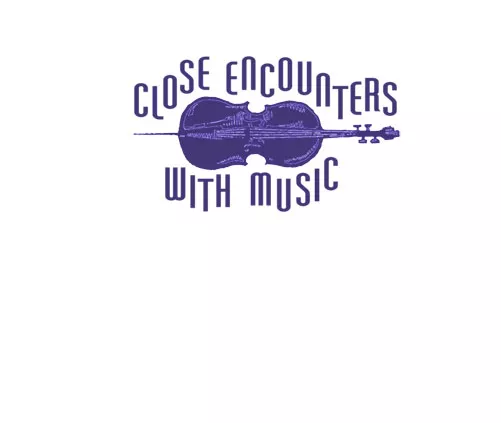Perry Jamestown Concerto. Schuman A Song of Orpheus. Thompson Cello Concerto Yehuda Hanani
And here is another side of William Perry. The Jamestown Concerto (2006) begins with a beautiful solo cello segment that sits halfway between solo cadenza and folkish musing, described as a “cello overture” in Douglas Bruce’s notes. Written to celebrate the 400th anniversary of the first permanent colony in America in Jamestown, Virginia (1607), it is a poignant work that integrates Perry’s trademark filmic qualities into a concert framework. It also includes musical material derived from a madrigal published in 1501 by John Milton (father of the poet). There is a detailed program (trumpets in the second movement, “Settlement Along the River,” announce the arrival of Captain John Smith to quell an uprising, for example), but it is one that strikes me as optional. Yehuda Hanani is a most eloquent soloist. My colleague Lynn René Bayley found this work rather wanting in her review (Fanfare 32:3). I find the work’s almost childlike sense of wonder and its clear impression of ongoing narrative, beautifully scored, rather compelling. The playful “Pocahontas in London” fourth movement is enchanting; the fifth bustles while faithfully evoking time and place. Skillful, eminently musical, and poignant pretty much sum up this piece.
Good to see William Schuman’s music here, too. The rest of the music will get less of a say on the grounds that it appears in the context of an article on Perry, but it is good to hear Schuman’s A Song of Orpheus (premiered 1962), especially prefaced by a reading (by Jane Alexander) of Shakespeare’s “Orpheus with his Lute.” I agree with Bayley on every count here (except that I actually do like the idea of the reading of the poem). Superbly atmospheric music, yet at the same time sophisticated, especially in harmonic terms. Finally, Virgil Thomson’ Cello Concerto, a remarkably strong and powerful work, is given a proud and muscular account here by Hanani (which is not to underplay Hanani’s deftness in the finale).
The placing of Perry here is important. He justly takes his place with two giants of American music. Colin Clarke


